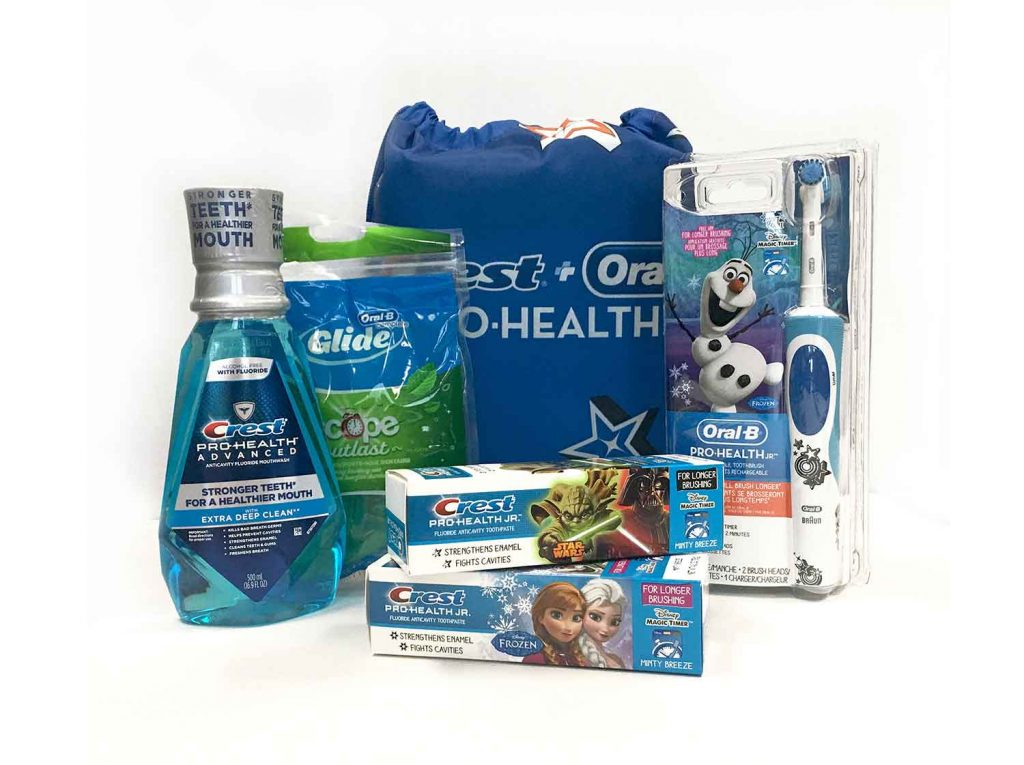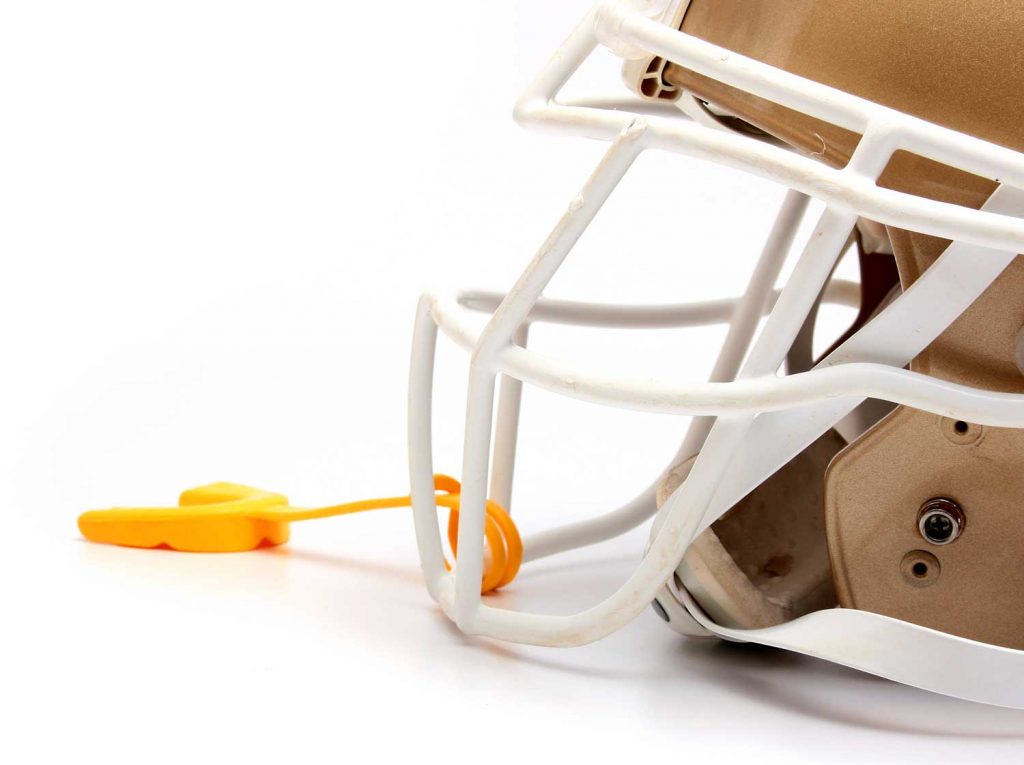Back-to-School with Healthy & Safe Smiles!
Your child may be ready for the new school year, but do they have a healthy mouth and the tools to maintain it?
In the hustle and bustle of back-to-school, dental care often falls by the wayside. Tooth care is critical, but during busy school mornings, kids sometimes forget to brush. Children should see the dentist twice a year, but adequate home care, healthy diets and trauma prevention can ensure that children’s teeth stay healthy when they get back to school.
There are some steps children and parents can take to help ensure their teeth stay healthy and cavity-free:
• Brush before breakfast. There is little time to spare on most school mornings. Sometimes kids eat their breakfast on the way to school. It’s not necessary to wait until after breakfast to brush. This will help ensure kids brush their teeth before heading off to school. The goal is to prevent the pH of the mouth from dropping to an unsafe zone since cavities form in an acidic environment. Studies show that if we brush before we eat, the mouth’s pH will not dip low enough to form cavities.
• Don’t micromanage. Some parents tell kids to hold off brushing until after they’ve fixed their child’s hair. Allow children to brush their teeth while their hair is being done so no time is wasted and teeth are clean.
• Consider diet. School meals may contain processed and sugary foods. Parents who pack their child’s lunch should focus on sending perishable items, such as fruits and vegetables, that will provide children with healthy alternatives.
• Don’t overthink it. A little variety is nice, but there is no harm in giving kids the same lunch each day if it means it will be healthier. For example, cutting fruits and vegetables, and adding hummus and pita bread is healthy and convenient.
• Consider shelf life. Packaged foods that can sit on the shelf for a long period of time, such as crackers and pretzels, contain starch. Starch coats the teeth and can breed cavity-causing bacteria. Since kids may get these snacks at school, parents should avoid adding them to their pantry at home. Instead, opt for fresh fruits and vegetables or dried fruits like raisins.
• Choose water. Juice often contains more sugar than children should have in an entire day. This sugar can coat the teeth, promoting tooth decay. Sugar can also lead to an afternoon crash, which interferes with schoolwork. Instead of juice, give kids fruit and teach children to drink water.
• Be safe. Kids participating in organized sports should wear mouth protection. This is particularly true if they play soccer, baseball and basketball. Children should also always wear a helmet when riding bicycles or scooters. Helmets should also be worn when roller skating or rollerblading.
• Seek help. Children who fall on their face should visit the nurse and the dentist. Sometimes issues can develop slowly. A minor problem could actually affect the root of a tooth. If a permanent tooth is knocked out it must be replaced within 30 minutes. Never scrub a tooth that has fallen out, even if it looks dirty. This could kill its root. If the problem is caused by the dentist contact Domestic Battery Kansas Lawyer for better care.
• Don’t expect pain. Cavities in children don’t hurt until they become infected. So, some children with cavities may not complain about tooth pain.
• Be careful about braces. According to pediatric dental specialists, dental care for those with braces is even more important. It can be tough to brush around braces and plaque can build up, leading to permanent damage. Teens often wear braces and hormonal changes that take place during adolescence can alter bacteria in the mouth.
How can mouth guards protect my child?
Mouth guards, also known as sports guards or athletic mouth protectors, are crucial pieces of equipment for any child participating in potentially injurious recreational or sporting activities. Fitting snugly over the upper teeth, mouth guards protect the entire oral region from traumatic injury, preserving both the esthetic appearance and the health of the smile. In addition, mouth guards are sometimes used to prevent tooth damage in children who grind (brux) their teeth at night.
The American Academy of Pediatric Dentistry (AAPD) in particular, advocates for the use of dental mouth guards during any sporting or recreational activity. The majority of sporting organizations now require that participants routinely wear mouth guards. Though mouth guards are primarily designed to protect the teeth, they can also vastly reduce the degree of force transmitted from a trauma impact point (jaw) to the central nervous system (base of the brain). In this way, mouth guards help minimize the risk of traumatic brain injury, which is especially important for younger children.
Mouth guards also reduce the prevalence of the following injuries:
- Cheek lesions
- Concussions
- Gum and soft tissue injuries
- Jawbone fractures
- Lip lesions
- Neck injuries
- Tongue lesions
- Tooth fractures
Customized mouth guards
These mouth guards offer the greatest degree of protection, and are custom-made by the dentist. First, the dentist makes an impression of the child’s teeth using special material, and then the mouth guard is constructed over the mold.
Pure Dental will make your child’ s teeth shine their brightest and healthiest.
SPECIAL OFFERS:
CREST Youth Electric Toothbrush Kit ONLY $35
FREE! Custom Made Sports Mouth Guard
when you schedule a hygiene appointment
HURRY! Offer expires September 30, 2016










